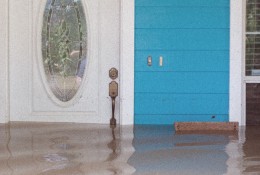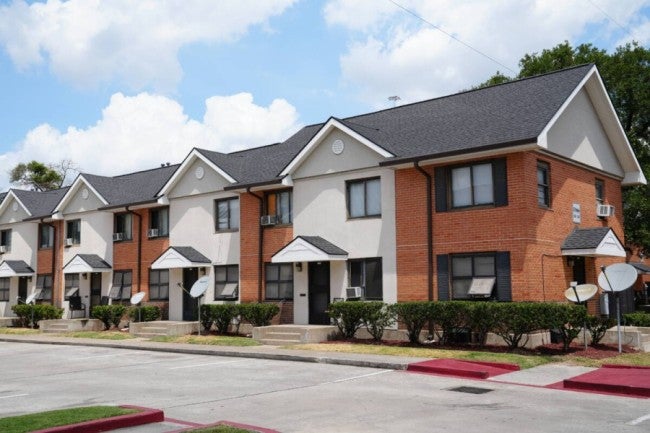As Kinder Institute embarks on a new journey, inclusive prosperity is our north star
In the summer of 2010, my husband and I drove over 1,000 miles to move to Houston with our 1-year-old and 3-year-old. Not more than 20 minutes into our journey, our 3-year-old began asking, “Are we there yet?”

To grow Houston’s prosperity, it must become a better place — for everyone
As the name of my new book of essays suggests, I have always believed that place and prosperity are deeply intertwined. A city or town probably won’t be prosperous unless it has lots of place amenities – things that draw people to the location like parks, good schools, restaurants and stores, cultural institutions, walkable neighborhoods. And a city or town probably can’t afford all those amenities unless it is prosperous.

State of Housing: Houston real estate boom leaves a vulnerable situation in its wake
The past two years have been a heady time for real estate, and as we emerge from the pandemic’s fog of uncertainty, the 2022 State of Housing report details an increasingly stressed situation in Harris County and Houston. Median prices now exceed $300,000 and are approaching $350,000, slipping out of reach for residents earning the median household income. Meanwhile, much of the already limited affordable rental housing stock is becoming increasingly vulnerable.

It is time to recognize the Rio Grande Valley as a rising borderland metropolis
The Rio Grande Valley (RGV), or el Valle del Rio Bravo as it is known in Mexico, is often considered a far-flung collection of small-town border communities. As such, it remains largely unknown to the rest of the U.S., except when cited as one of the poorest areas in the country alongside Middle Appalachia or the Lower Mississippi Delta.

With new incentives, Harris County hopes to gain buy-in for buyouts
Climate change is propelling more extreme weather events, including more precipitation and flooding, which means the need for more strategies such as buyouts has never been more urgent. As a concept, buyouts are fairly straightforward: the government buys up properties to remove them out of harm’s way, reducing the risk of loss of life, the need for future flood repairs, insurance payouts and other costs.

Where Houstonians stand on education, CRT, abortion rights, and voter access in 2022
If you built a political platform based on what most Houstonians would agree with, what would it look like? We have one version of a “Houston agenda”, thanks to the 2022 Kinder Houston Area Survey. While divisions persist, big shares of Houstonians across party lines agree on several big issues.

In the 2022 Houston Area Survey, residents reassess their prospects
Houstonians are looking slightly less optimistic than they normally do, and the economy is their main concern—more than crime, pandemics, traffic, flooding, and other recent plagues. In fact, optimism is at its lowest level in the history of the Kinder Houston Area Survey, driven largely by the rising cost of living. This cloudy outlook also comes with a dose of clarity about the lingering effects of racism and even stronger agreement on the need to support public education.

Stephen Klineberg: A retrospective
Houston understands itself a little more clearly thanks to 40 years of insight from this Rice social psychologist turned urban visionary.

Continuity and supporting a student’s home language are helping more kids become English-proficient
Increasingly, Houston-area students learning English in public school are taking longer to become proficient, which is holding them back from mastering other subjects and moving forward in their educational journey. In a new report, we identified a few factors that might be contributing to this trend—as well as factors that could lead to better outcomes.

Schools are enrolling now for next year across Houston and the state of Texas, with officials in many districts still hoping to bring their headcounts back up to prepandemic levels, particularly prekindergarten, which has 25,000 fewer students than it did in 2019-20.

Physical Address
Rice University
Kraft Hall
6100 Main Street, Suite 305
Houston, TX 77005-1892



